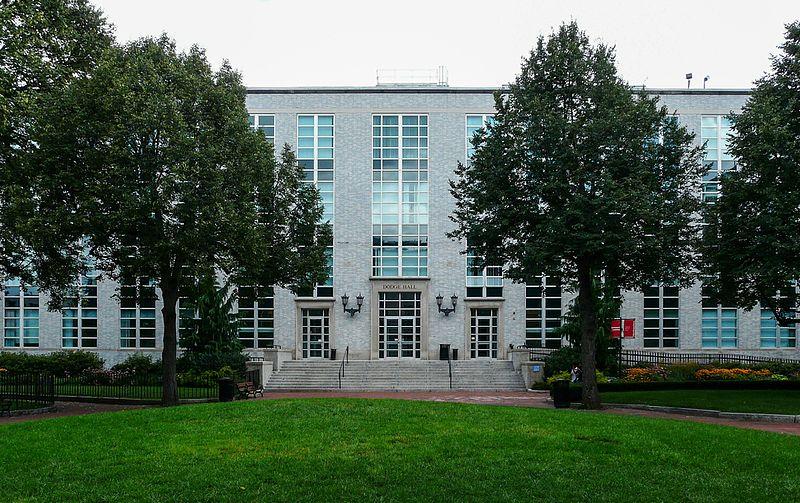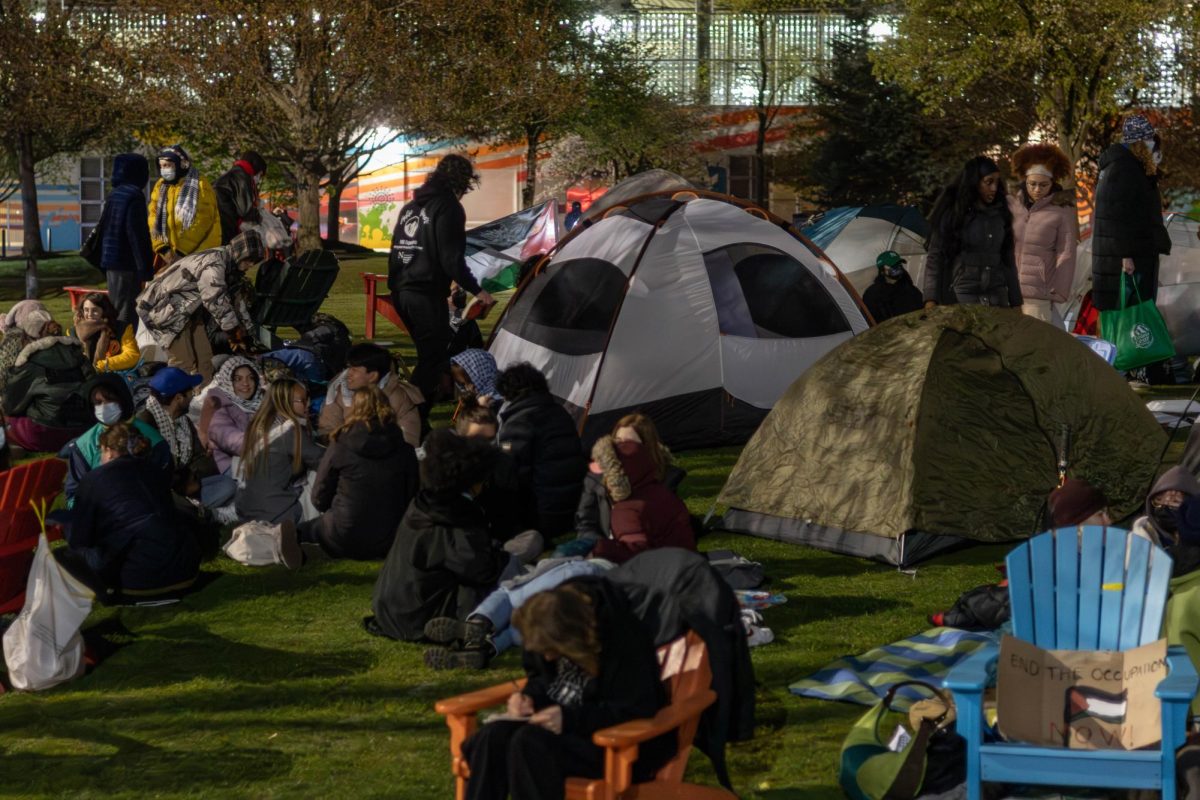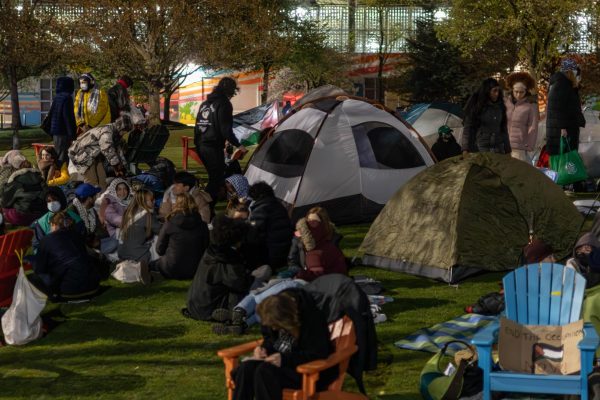Business school announces new Silicon Valley program
Business students will have the opportunity to earn an entrepreneurship concentration through the Semester in Silicon Valley program. / Photo courtesy Creative Common
April 13, 2017
After taking an entrepreneurship class at Northeastern as a college sophomore, Abbey Titcomb founded Knightly, a social safety app that provides students with information, resources and emergency services. Now, as the app enters its testing phase, Titcomb said she would never have been able to bring her idea to life without the skills she learned in the class and through her entrepreneurship minor.
That’s why Titcomb, now a junior mechanical engineering major, said she’s excited about a new program launched by the D’Amore McKim School of Business called Semester in Silicon Valley. The program, which is set to begin in the fall, will allow students to attend school at Northeastern’s Silicon Valley campus in northern California for a semester while spending time interning and attending meetings with startups.
“Entrepreneur ecosystems in different communities are completely different,” Titcomb said. “It’s really important to recognize that Boston is completely different from Silicon Valley, Silicon Valley is completely different from New York, New York is completely different from Boston. Being an entrepreneur, you have to learn how to be adaptable.”
While many students may dream of working for a big company like Google, regional dean and CEO of Northeastern’s campus in Silicon Valley PK Agarwal said the program is designed for students who want to become immersed in the culture of startup companies.
“When you think of an ideal internship that somebody would want to have, it’s to work for Apple, Google,” Agarwal said. “[But] if you’re truly startup-oriented, your best experience is going to be working for a startup.”
Through the program, Agarwal said business students will earn an entrepreneurship concentration. Non-business students, who are also eligible for the program, can receive an entrepreneurship minor after first completing an introductory class in Boston.
Agarwal said the idea came from conversations with co-op students who live and work in Silicon Valley every semester.
“We have a lot of co-ops here, and as we started to talk to our co-ops – most of them, they were here for six months – they all kept saying, ‘There’s so much going on here. I wish I could stay for another six months and continue to learn,’” Agarwal said.
After Northeastern’s Silicon Valley campus partnered with the School of Business in Boston, the two schools worked to create the Semester in Silicon Valley to allow students to spend additional time studying in the area.
Marc Meyer, the co-director of Northeastern’s Center for Entrepreneurship Education, said he hopes the program will lead to the expansion of the IDEA Venture Accelerator to Silicon Valley. IDEA is a Northeastern program on the Boston campus that mentors student entrepreneurs.
“The ultimate strategy is to transplant our IDEA student-led incubator to Silicon Valley so that students can go out there and get that direct coaching and mentorship that we provide here,” Meyer said. “It’s been incredibly, wonderfully successful here on campus, so we think there’s a lot of potential to do that out there.”
Titcomb said IDEA’s support helped Knightly become successful. She said the Silicon Valley program will help more students learn the crucial business skills that she learned through IDEA.
Meyer said the Silicon Valley program could help IDEA ventures like Knightly by allowing students to take their company or company idea and pitch it in a new environment.
“Right now, we have over 200 ventures percolating [in IDEA],” Meyer said. “What an opportunity for a team to go out to Silicon Valley and take additional classwork and get additional mentoring and exposure out there.”
Titcomb said the program is a way for students to experience and learn from startup culture without the risk of failure.
“Having the opportunity as a student to go – and with no repercussions, you’re just going there for a semester – and just finding your way,” Titcomb said. “If it doesn’t work, you come back. But if it does, you have this great foundation for when you graduate.”


















